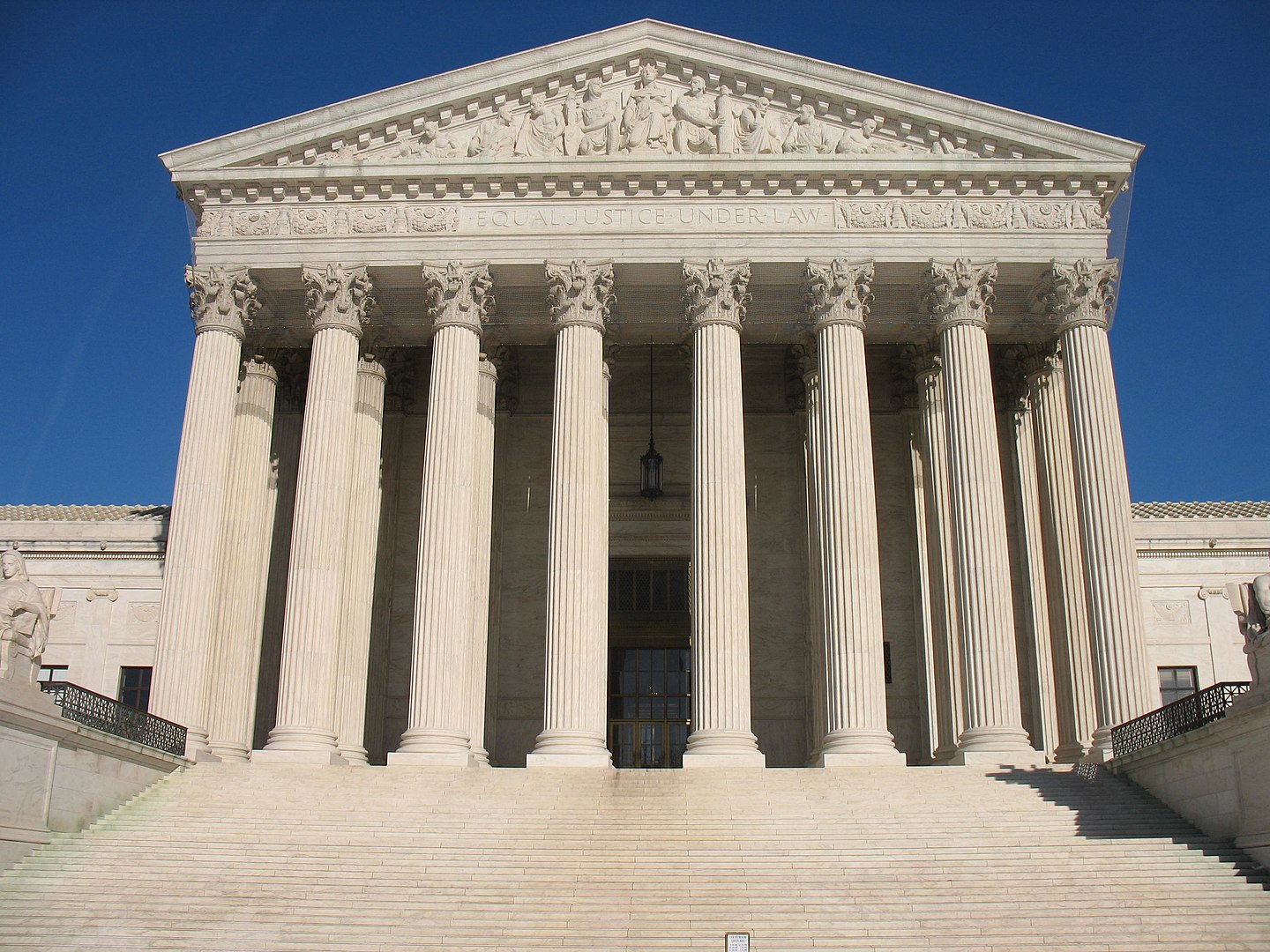RCFP asks US Supreme Court to stop Georgia from copyrighting state code

Update: On April 27, 2020, the U.S. Supreme Court ruled that the annotations in the Official Code of Georgia are ineligible for copyright protection.
The Reporters Committee and 25 media organizations have filed a friend-of-the-court brief asking the U.S. Supreme Court to affirm a lower court ruling concluding that Georgia cannot copyright annotations to its official state code.
The government edicts doctrine, announced in a series of 19th century cases, prohibits governments from copyrighting the law. But the opaque opinions in those old cases leave the legal source of this rule unclear. In the brief, Reporters Committee attorneys argue that the government edicts doctrine is really about public access to the law — and should therefore be understood as grounded in the First Amendment, just like the right of access to judicial proceedings recognized by the Supreme Court. And recognizing that the doctrine flows from the First Amendment’s structural role in our democracy makes clear that Georgia cannot restrict access to annotations that are essential for journalists and the public to understand the law.
“The press cannot fulfill its essential role of informing the public and holding government officials accountable in our democratic system when reporters are shut out from important government documents,” attorneys state in the brief, filed on Oct. 16.
The case involves Public Resource, a nonprofit organization dedicated to “making government information more accessible.” In 2013, the nonprofit bought all 186 volumes of the Official Code of Georgia Annotated, then scanned and uploaded the documents to its website. Georgia’s Code Revision Commission issued cease-and-desist letters demanding that Public Resource stop publishing the documents, arguing that they infringed on the state’s copyright.
But Public Resource refused to comply, prompting the commission to file a lawsuit against the nonprofit in the U.S. District Court for the Northern District of Georgia in July 2015. The district court granted partial summary judgment in favor of the commission, ordering Public Resource to remove the annotated code from its website.
On appeal, however, the U.S. Court of Appeals for the Eleventh Circuit concluded that the code could not be copyrighted, noting that “the annotations clearly have authoritative weight in explicating and establishing the meaning and effect of Georgia’s laws.” Georgia then appealed to the Supreme Court, which agreed to hear the case.
In the coalition’s brief, Reporters Committee attorneys point out that there is a long U.S. tradition of granting public access to the law. The U.S. Constitution was published in a newspaper two days after it was signed, and thousands of copies of the document were distributed to citizens throughout the nation. And in 1834, Wheaton v. Peters determined that court opinions may not be copyrighted.
But the question at the heart of the case is whether the government edicts doctrine, which all parties agree prohibits copyright protection for the law itself, also extends to annotations.
In addition to their constitutional argument, Reporters Committee attorneys suggest that annotations help clarify the meaning of laws that can often be difficult for the public to interpret. “Because many legal journalists are not themselves lawyers, access to primary legal materials like the Official Code of Georgia Annotated is essential to informing their work, and in turn to educating members of the public about the laws that govern their lives,” the coalition’s brief states.
The brief includes an anecdote illustrating the burden the copyrighted code imposes on journalists and members of the public. When Brendan Keefe, an investigative reporter for WXIA 11 Alive, emailed an official from the Georgia General Assembly asking to review the state’s annotated official code, the official redirected Keefe to the public library or to purchase a copy from Lexis, a legal research website.
If the Supreme Court allows annotations to be copyrighted, Reporters Committee attorneys argue that Georgia may stop providing copies to libraries. They also argue that the state’s suggestion that members of the public should simply purchase copies of the annotated code is unrealistic for many Georgians, who most likely cannot afford the $400 cost.
Read the full Reporters Committee brief.
The Reporters Committee regularly files friend-of-the-court briefs and its attorneys represent journalists and news organizations pro bono in court cases that involve First Amendment freedoms, the newsgathering rights of journalists and access to public information. Stay up-to-date on our work by signing up for our monthly newsletter and following us on Twitter or Instagram.
Photo by Kjetil Ree